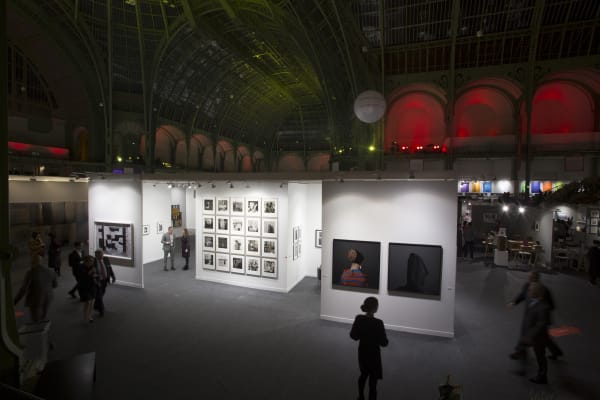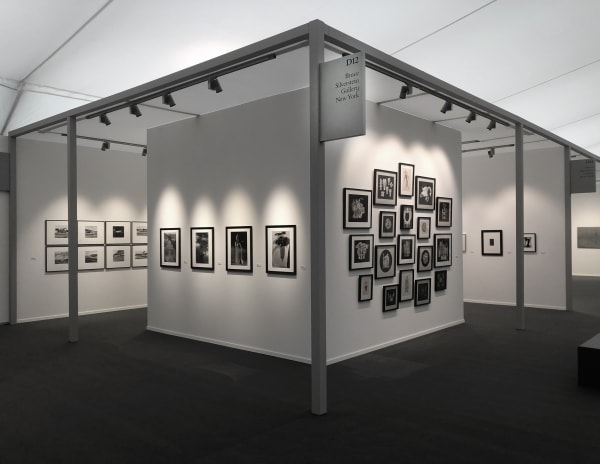Sigmar Polke (1941-2010) was an innovator in the art scene during the postwar era. He used experimental techniques and diverse materials in various mediums to create engaging subject matter that inspired conversations in politics and relevant social contexts of the time. His work often used humorous and ironic methods to invoke idioms of cultural criticism, which he layered coined as a movement called Capital Realism and, often, appropriate consumerist and art culture artifacts.
Born in Oelśnica, Poland, he was introduced to the art scene in 1949 as a glass painter. In 1961, he started attending Staatliche Kunstakademie Düsseldorf University, where he met fellow collaborators Manfred Kuttner, Konrad Lueg, and Gerhard Richter, who helped start the movement, Capitalist Realism. In 1970, he would work mainly on photography and film, documenting his travels to New York and Paris. He moved back to painting in the 1980s, where he started incorporating natural materials into his work, evolving his work to move towards Neo-Expressions. This movement picked up during this time. He continued to expand his creativity towards painting until his death.
Polke has been featured in numerous exhibitions, his first retrospective at the San Francisco Museum of Modern Art, The Smithsonian Institutions, Washington DC; the Museum of Contemporary Art, Chicago; The Brooklyn Museum, New York; The Museum of Contemporary Art, Los Angeles 1995-97, the J. Paul Getty Museum, and many other countries. He has also been featured in many biennales, including Documenta 5, the Biennale de São Paulo, the Venice Biennale, and the Venice Biennale. He also has many permanent collections at major museums internationally.
-

PARIS PHOTO 2018
8 - 11 Nov 2018Recognized today as one of the most influential figures in modern photography, the Hungarian artist, designer and educator, György Kepes (1906-2001) was one of the...Read more -

FRIEZE MASTERS 2018
4 - 7 Oct 2018For Frieze Masters 2018, Bruce Silverstein Gallery would be pleased to present a selection of photographic masterpieces from the twentieth century created in the spirit...Read more -

AIPAD 2018
5 - 8 Apr 2018Read more

